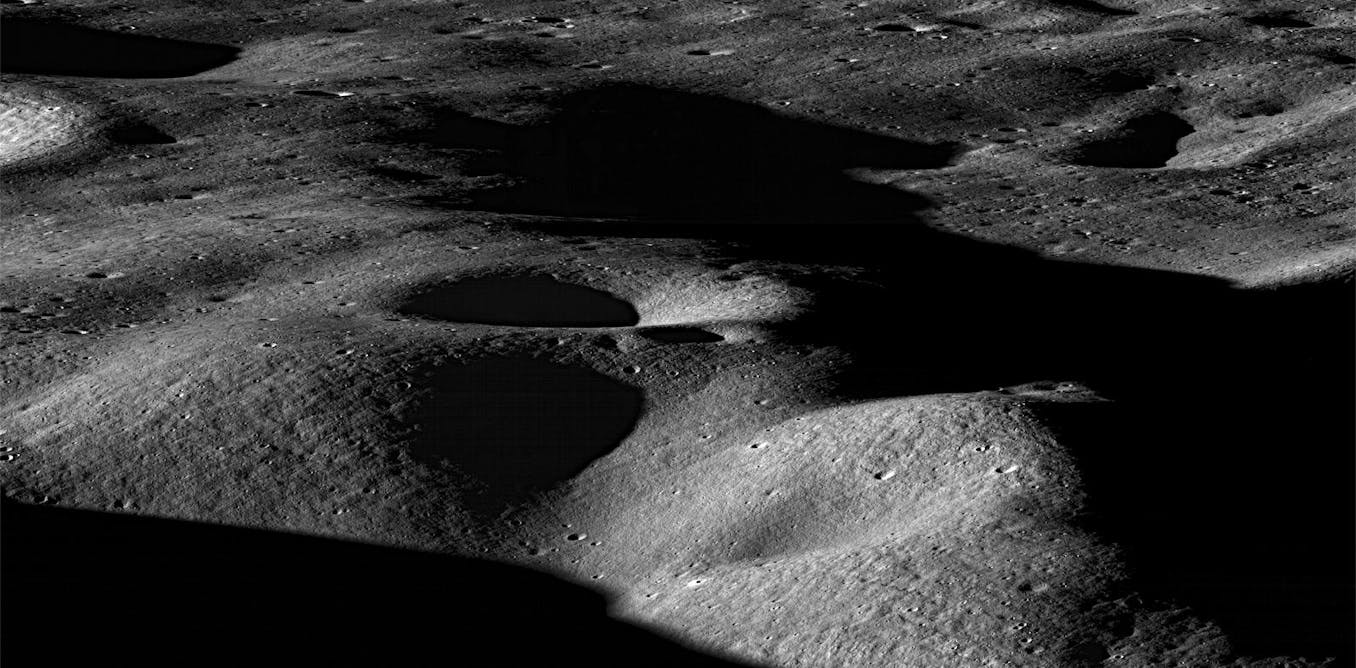Author: Martina Elia Vitoloni | DCL Candidate Air and Space Law, McGill University
Celestial bodies like the moon contain valuable resources, such as lunar regolith — also known as moon dust — and helium-3. These resources could serve a range of applications, including making rocket propellant and generating energy to sustaining long missions, bringing benefits in space and on Earth.
The first objective on this journey is being able to collect lunar regolith. One company taking up this challenge is ispace, a Japanese space exploration company ispace that signed a contract with NASA in 2020 for the collection and transfer of ownership of lunar regolith.
The company recently attempted to land its RESILIENCE lunar lander, but the mission was ultimately unsuccessful. Still, this endeavour marked a significant move toward the commercialization of space resources.
These circumstances give rise to a fundamental question: what are the legal rules governing the exploitation of space resources? The answer is both simple and complex, as there is a mix of international agreements and evolving regulations to consider.
The article has a breakdown of the laws and further context
Why do I have to think of “don’t look up”…
How could anyone trust those rules would be followed? How could anyone trust any agreements or treaties wouldn’t be abandoned? I don’t see it ever happening. I see a mad scramble. With the conflict and exploitation that will come with it.
The rules will be the same as they always are: First Come First Served, and Might Makes Right.
impossible to enforce or regulate. as far as i’m concerned, once we get to that point it time, its going to be the lawless wild fucking west we experienced during the great colonization period. anything will go.
We can’t control it on Earth, we certainly can’t control it on the moon.
I feel there are more pressing matters but idk. Maybe I’m being narrow minded, but we won’t be around long enough to enjoy any sort of space expedition if we don’t get global warming under control.
Global rules for extracting space resources
Lolwat?





